'I was literally in here starving' | Former Georgia foster kid describes aging out of system at 21 years old
The state is eligible to receive 700-800 housing assistance vouchers a year, but the DFCS and local housing authorities have only secured three.
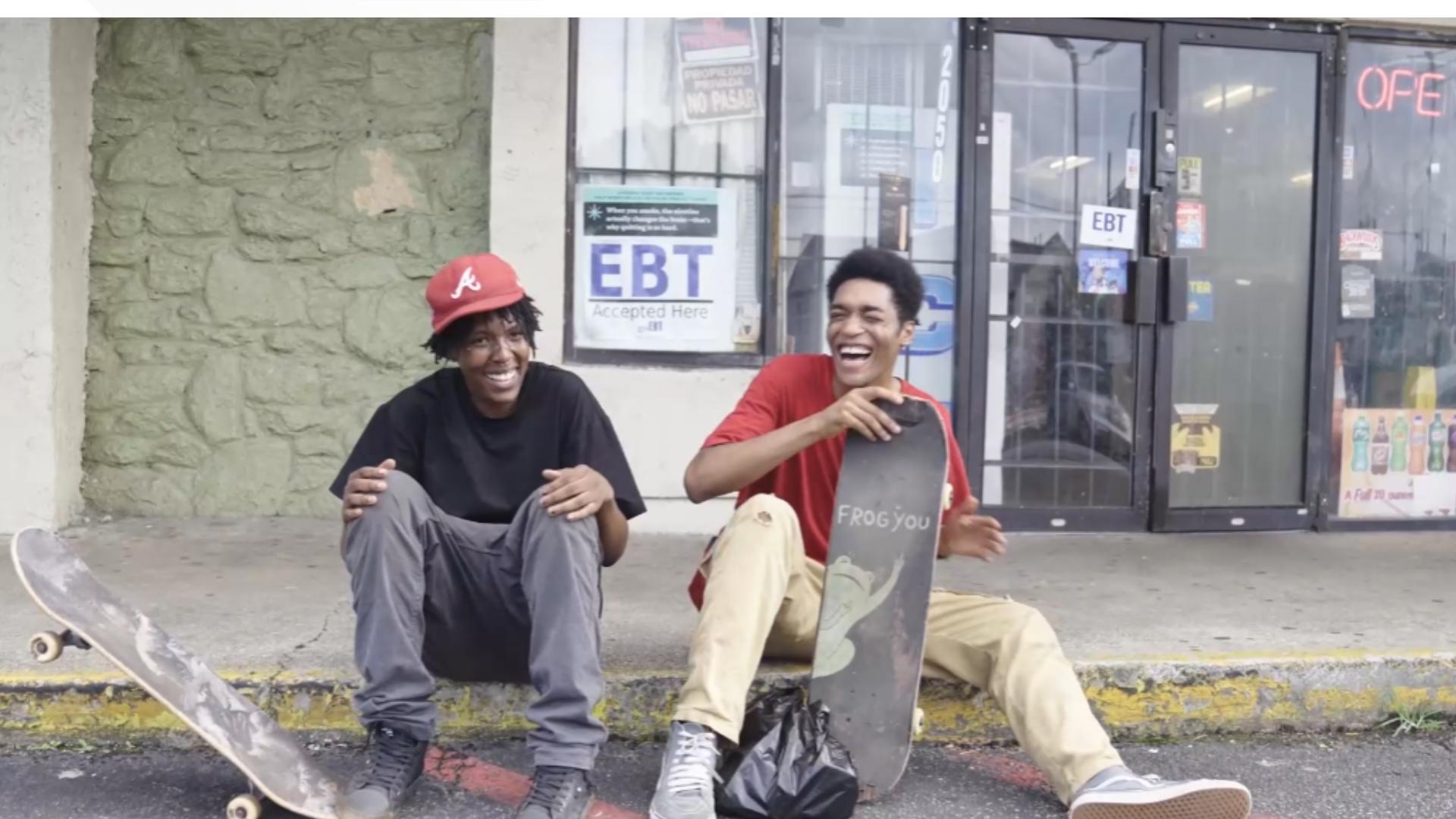
Georgia has hardly tapped into a federal program that offsets housing costs for young people aging out of foster care, 11Alive Investigates found.
More than 600 young adults, between 18 and 21 years old, age out of foster care in Georgia every year. The state's welfare agency, the Georgia Division of Family & Children Services (DFCS), doesn't track those young people after they leave the state's care.
However, social work researchers estimate more than 40% of foster youth will face homelessness within two years of leaving the system. The U.S. Department of Housing and Urban Development (HUD) established the Foster Youth to Independence (FYI) program in 2019 to address the issue.

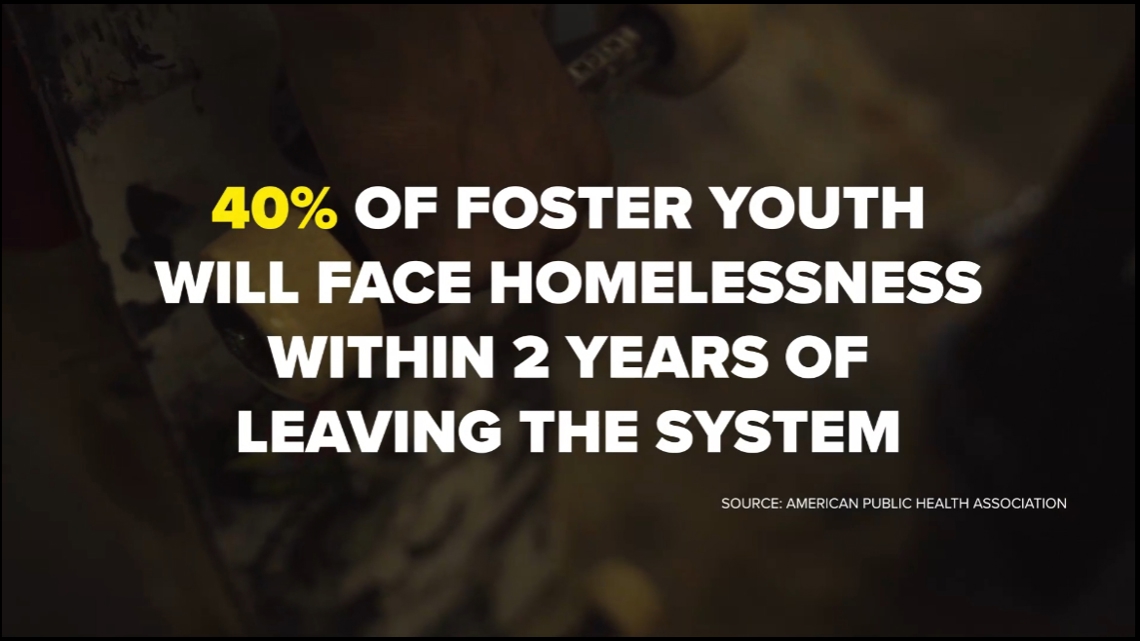
The program's vouchers provide up to 36 months of financial housing assistance to young adults, between the ages of 18 and 24, who have left foster care or will leave foster care in the next 90 days. The latest round of funding, announced by HUD in April 2024, includes nearly $13 million available to housing authorities in the U.S.
The FYI program requires each state's welfare agency to work with local housing authorities to apply for the vouchers. This year, Georgia is eligible to receive a combined 769 FYI vouchers. But, according to data provided by HUD, only three vouchers have been obtained by two housing authorities in the state: Brunswick and Albany. This means Georgia has only tapped into .005% of the $12,746,450 available from the federal government.
Check out the interactive map of the number of children (ages 12 years old and older) leaving foster care in 2021, according to the latest data from the United States Children's Bureau.
'It wasn't a home'
It's a hard number to swallow for former foster kids like Taje Pennington, who has been under the care of Georgia's welfare system since she was 15 years old.
"When I got in foster care, it was actually a relief that I was away from what I had going on," she said. "It wasn't a home. It was more so of a prison. She (a family member) used to put a bar on my door. I wasn't able to come out. I used to be in my room for months at a time."


Still, Pennington said the homes she was placed in didn't offer much reprieve.
"The police used to come and tell me that they would get me out of the situation that I was in," she recalled. "They would never come back to help me. I remember staring out of the window, waiting for them to show up, but they never did."
When she turned 18, she was given the opportunity to move into a transitional housing placement for foster kids preparing to age out of the state's care. On her 21st birthday, she was told she was on her own.
"I turned 21, I'd saved up for my apartment, got the apartment, (DFCS) helped me drop my stuff off and they left," she said. "There are some things that I know now that I wish I would have known before I aged out, and I feel like my whole situation would be so much different."
She said no one from DFCS ever set a meeting with her to discuss resources available to her or her plans for the future.
"I was literally in here starving, like I didn't know what to do," she said. "I still don't know what to do. I'm just trying my best to learn the real world right now."

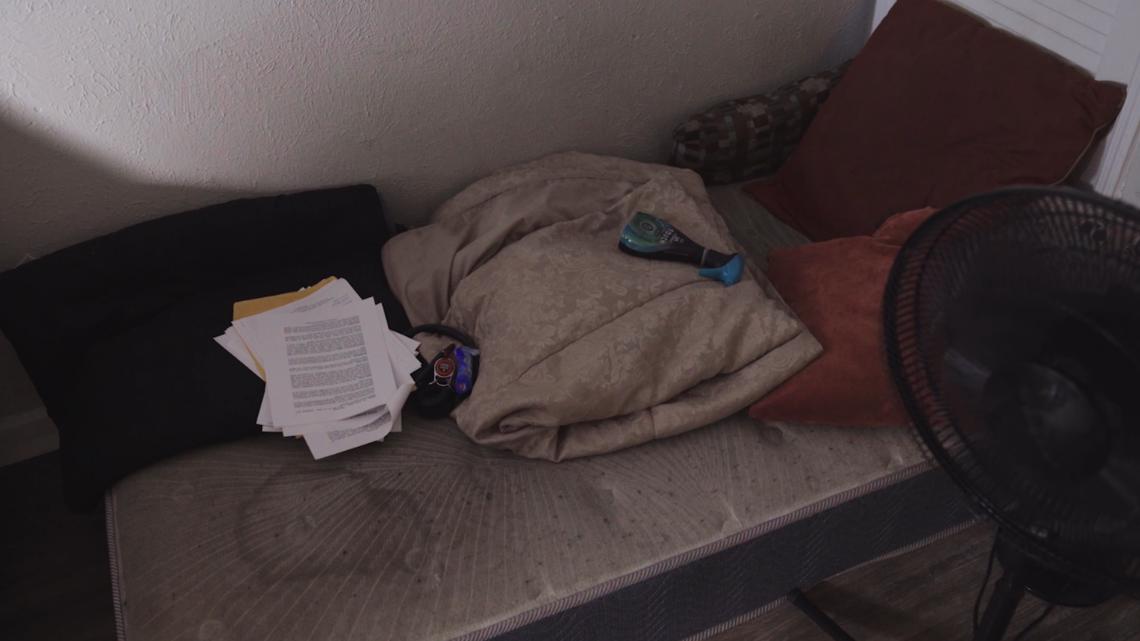
Pennington said she'd like to go to school for film editing, but she has come to terms with the fact that furthering her education is a luxury she can't afford.
"I have to pick and choose," she said. "And right now, a place to live is more important than school, unfortunately."
Five days a week or more, Pennington takes the city bus from her south Atlanta apartment to Brookhaven and walks or skateboards the rest of the way to her job. Still, the pay hasn't been enough to afford her bills or remove the recent eviction notice from her door.
"I'm really scared, but there are a lot of homeless people out there, so at least I won't be the only one," she said.
Pennington would have been a prime candidate for the Foster Youth to Independence Program. However, since Atlanta's housing authority never applied for vouchers, she has received no financial assistance from the state.
"That really would have helped save more and would have helped me be in the space where I don't have to worry about, 'Where my next meal?' or 'Where my next, Where I'm going to lay my head?'" she said. "Instead of thinking about all this, I can think about what I can do to become better for society."
Housing Assistance Vouchers
So, why hasn't Georgia obtained more FYI vouchers?
11Alive Investigates reached out to more than a dozen local housing authorities across Georgia to ask why they haven't applied.
Some, like DeKalb, said its current utilization rate makes it ineligible. To apply for FYI vouchers, HUD requires a housing authority to actively use at least 90% of the Family Unification Program vouchers in its possession.
Based on the latest utilization data from HUD, 13 housing authorities in Georgia could qualify for FYI vouchers this year.
Of those, several housing authorities, including Fairburn, Decatur and Fulton, said it's focusing its time and resources on other voucher programs instead.

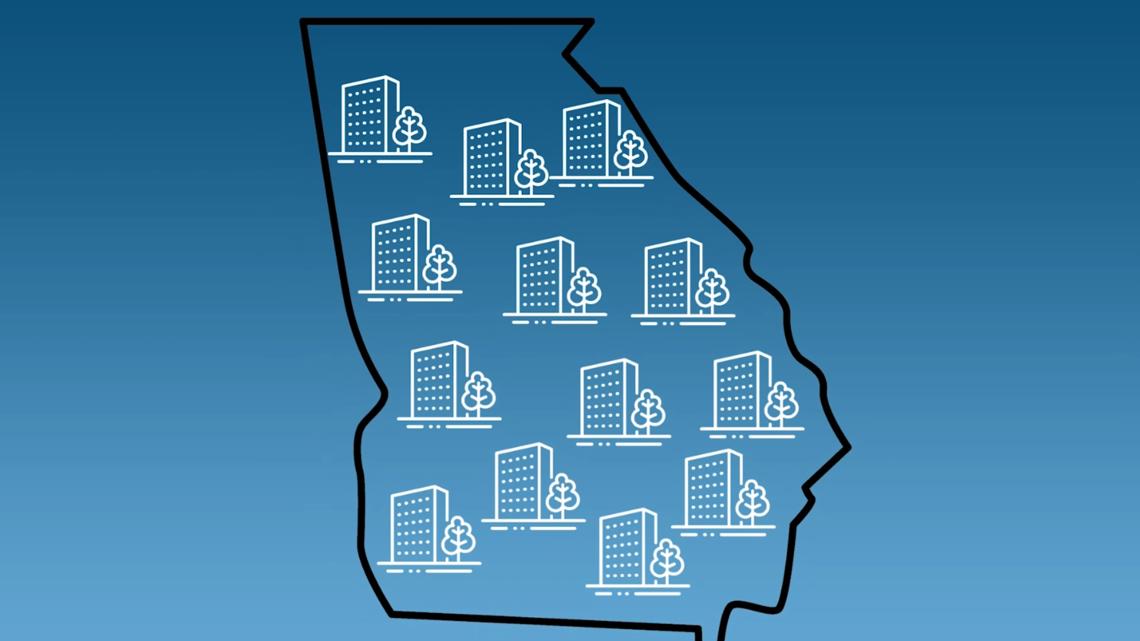
A lack of communication from DFCS also appears to be a hurdle. Leaders for nearly all of the eligible housing authorities in Georgia told 11Alive Investigates their agencies hadn't heard from the state welfare agency about the program at all until Aug. 1, 2024, which is the same day 11Alive Investigates first reached out to DFCS.
In order to obtain FYI vouchers, HUD requires DFCS to provide a list of eligible youth to interested local housing authorities. However, a spokesperson for DFCS told 11Alive Investigates that they don't have such a list since they don't track aged-out youth on a state level.
DFCS declined to make someone available to be interviewed on camera, but a spokesperson said in an emailed statement:
Our team is currently working to establish a centralized process for this referral program, At the moment, the eligibility and referral process is being managed at the local level. Our case management teams, which include Independent Living Specialists who work directly with youth beginning at age 14 to prepare them for a successful transition into adulthood, assist in identifying young adults that would be a good fit for the program and make appropriate referrals to local housing authorities with available vouchers.
Although case managers on a local level might happen to know where the young people they formerly worked with went after aging out of care, the state does not require them to do so.
"There's one lady that checked up on me to see if I'm okay, but that's it," Pennington said.
She isn't sure the state would know how or where to find her if they tried.
The identification problem
There are several nonprofits in Georgia that specifically work with foster youth aging out of care, yet they don't appear to have been asked by DFCS to assist with identifying young people who could be eligible for FYI vouchers.
Connections Homes is one such nonprofit. It connects youth aging out of the welfare system with adult mentors in the community.
"These kids that are aging out of care don't have people in their life to help them to make those big and little life decisions," Connections Homes Founder and CEO Pam Parrish said. "Everything from addressing an envelope to figuring out how to get insurance on your car or pay taxes. If you don't even know where to start, you're going to end up in this cycle of homelessness, poverty, incarceration.”

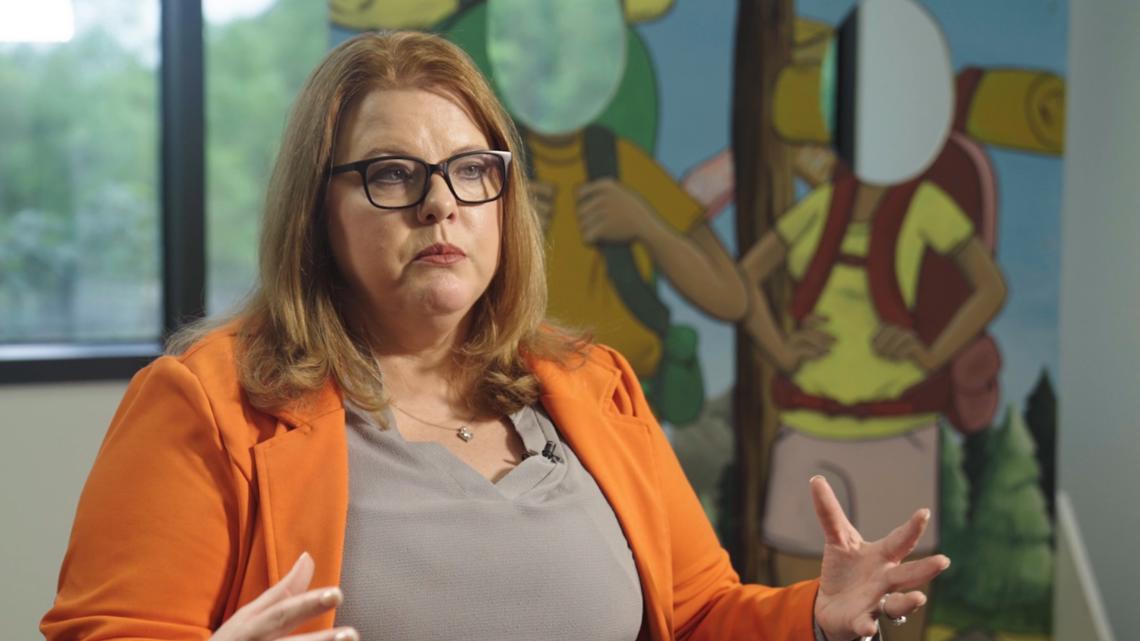
Connecting those youth with mentor families is a passion for Parrish, who adopted seven of her eight daughters through the foster care system.
Since neither individuals nor nonprofits can apply for FYI vouchers directly, Parrish said they've been waiting on DFCS and local housing authorities to take the initiative.
"You've got this big pool of money sitting here, and you've got this big pool of kids, and there's this huge gap in between because there's no one who understands how the HUD vouchers work," she said. "I've got so many youth in Connections Homes that could take advantage of these vouchers."
If the biggest hurdle is identifying eligible youth, Parrish said she can't understand why DFCS hasn't reached out to her or any other local programs that work with the target community.
"There are tons of independent living, transitional living programs that are working with this population of youth that can solve the identification of youth problem," she said. "You have an entire network of private organizations that are in contact with these youth that would more than happily partner with HUD and DFCS to make sure these youth have housing."
What's next?
Of all the local housing authorities 11Alive Investigates spoke to, only two said they are now making plans to apply for FYI vouchers.
A spokesperson for Atlanta Housing said they have "established a consistent and productive dialogue" with DFCS about the program, and said they plan to apply for FYI vouchers by the end of August 2024.
A spokesperson for the Housing Authority of DeKalb County said it has "recently obtained the required utilization rate of 90% for our Family Unification Program and will be petitioning HUD for FYI vouchers upon receipt of referrals from DFCS."
If Atlanta Housing does successfully obtain vouchers, Pennington could qualify. However, it would require local case workers to locate her. Since she's on the verge of eviction, Pennington said she isn't confident she'll ever be connected to a voucher.
Still, she said she's holding her head high and looking forward.
"I've come to peace with being by myself, because I've been by myself my whole life," she said. "But I really do want to help other people who are in the same situation I'm in. If we want this nation to be any better than it is, we need to start with the young people, because we are the future."
Pennington knows she could come home from work any day to find she's been evicted, her few possessions scattered outside. She said she's saving as much money as possible for when that happens but admits she doesn't have a concrete plan yet.
"I do have to be accountable for my own actions as well, so if they do put my stuff outside, I'll just work and get it all back," she said. "It's just material things. At least they didn’t take my soul."
At the request of several viewers following the publication of this story, Pennington has created a GoFundMe to help with her expenses.

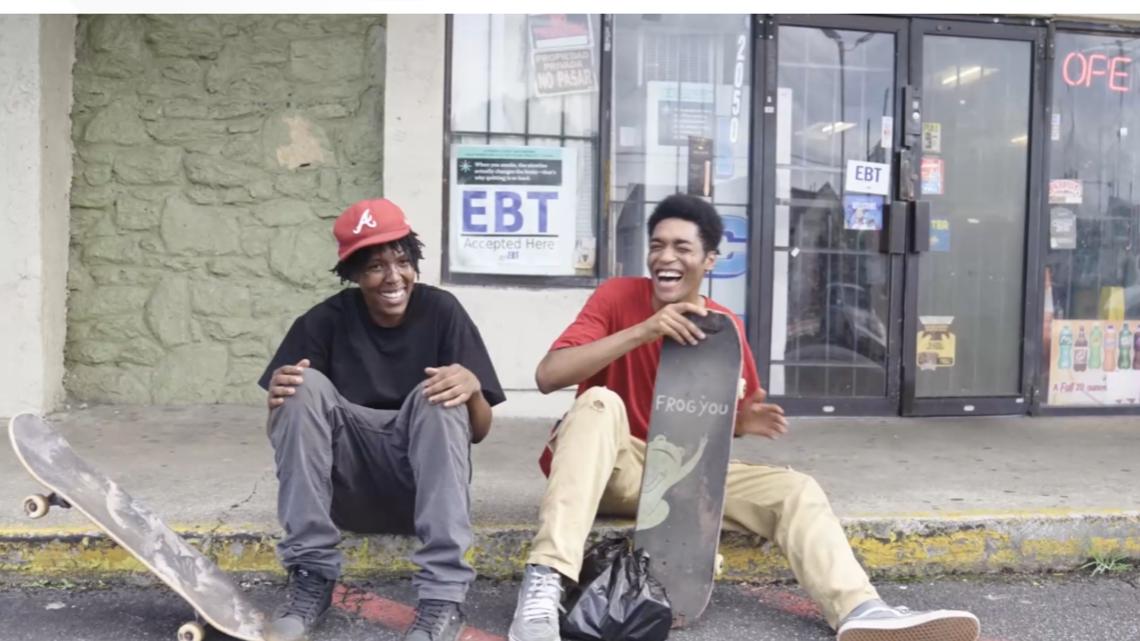
Have a tip for 11Alive Investigators? Text "investigate" to 404-885-7600 or email us at investigates@11alive.com. Your story and information are important to us, we'll make sure it gets to the right person on the team who may be in touch.
